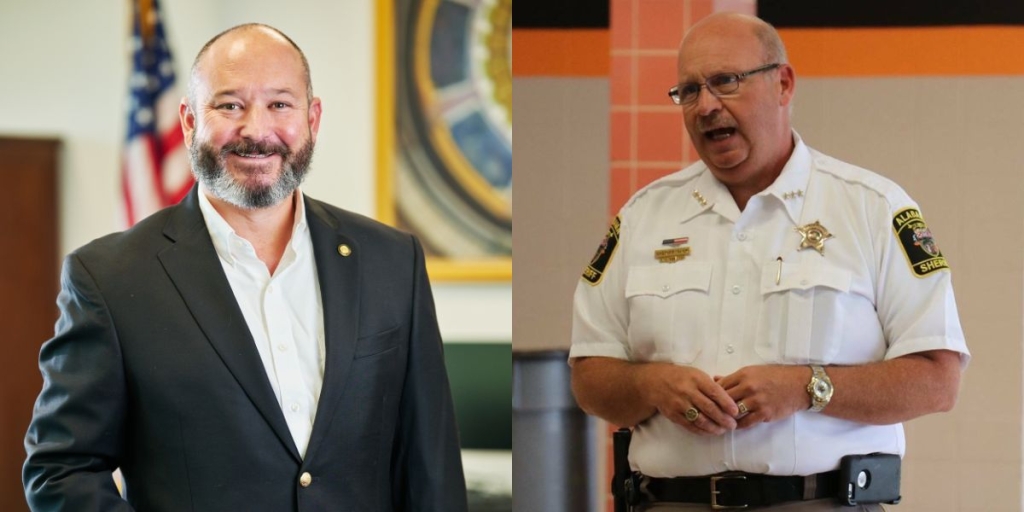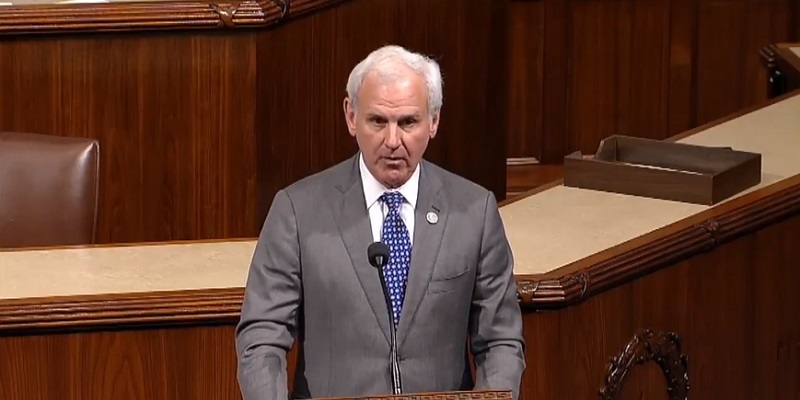
Last week, the U.S. House of Representatives advanced the cause of human dignity by voting to pass H.R. 1865, legislation designed to curtail online sex trafficking. The bipartisan bill Allow States and Victims to Fight Sex Trafficking Act—better known as FOSTA—passed by an overwhelming margin, 388-25. The measure specifically targets websites that promote sex trafficking of both adults and children. It will now be taken up in the U.S. Senate, where similar legislation has already gained substantial support.
Online sex trafficking
Thousands of people are victims of sex trafficking in the United States every year. In recent decades, the internet has become the single greatest avenue for the proliferation of sex trafficking. And in numerous cases, internet companies that promote sex trafficking have successfully avoided prosecution and civil lawsuits by exploiting current laws.
At present, websites such as Backpage.com that promote sex trafficking are able to evade legal penalties through a provision in the Communications Decency Act, which protects websites from liability for material posted by third parties. This enables Backpage and similar websites to host thousands of such “third party” advertisements that promote prostitution and sex trafficking. In passing FOSTA—which would amend the CDA to allow prosecutors, state attorneys general and victims to bring criminal and civil actions against a website if its conduct violates federal sex trafficking laws—the House acted to close this loophole. If enacted into law, FOSTA would make all parties who knowingly assist, support, or facilitate a violation to be subject to both criminal prosecution and civil action.
FOSTA
The bill was introduced last year by Rep. Ann Wagner (R-Mo.), and eventually gained more than 170 cosponsors. Wagner, a former U.S. ambassador to Luxembourg, became involved in the issue of sex trafficking after witnessing it firsthand in eastern Europe. She stated that she wrote the bill “because it is heartbreaking to watch survivors struggle to piece their lives back together alone, while our justice system shields the websites that sold them.”
In addition to its widespread support in the House, FOSTA also won the support of executives in big tech including Facebook, IBM, Oracle, and Hewlett Packard. Even so, several tech firms including Google have opposed these efforts to amend the CDA on the grounds the reforms as proposed could erode the very protections which they say “enabled the growth of the internet.”
Sen. Rob Portman (R-Ohio) authored the Stop Enabling Sex Trafficking Act (SESTA), the Senate’s bill attempting to address the same problem as FOSTA, joined a number of senators in releasing statements supporting the House’s passage of the bill and calling for the Senate to act quickly to pass the bill. Ahead of Tuesday’s vote, White House advisor Ivanka Trump also expressed support for FOSTA: “Looking forward to today’s House vote on legislation that will help prevent online sex trafficking. The perpetrators of this horrific crime need to be held accountable, and we must continue to take steps to combat all forms of sex trafficking.”
Though the White House has expressed concerns over certain language in the bill, which may be altered as the legislation moves to the Senate, the Administration is broadly supportive of these efforts to end internet sex trafficking.
Fighting for human dignity
In offering his support for FOSTA, Speaker Paul Ryan described sex trafficking as “modern day slavery.” The reality is that sex trafficking ruins lives. And for many of its victims, it is a living hell.
Sex trafficking is a human dignity issue because every person bears the image of God. Those who are victimized by this cruelty not only deserve our mercy and compassion; they deserve the full protection of law and the means to pursue justice through our legal system. Conversely, those who perpetrate sex trafficking intentionally violate the image of God. They are criminals, and we must ensure that our laws hold them fully accountable.
FOSTA is an essential step toward justice and ending sex trafficking in America. Tuesday, Rep. Wagner and the House took an important step in the fight against this evil. It is my hope that the Senate will soon send this legislation to the president’s desk.
(By Josh Webster, courtesy of ERLC)












